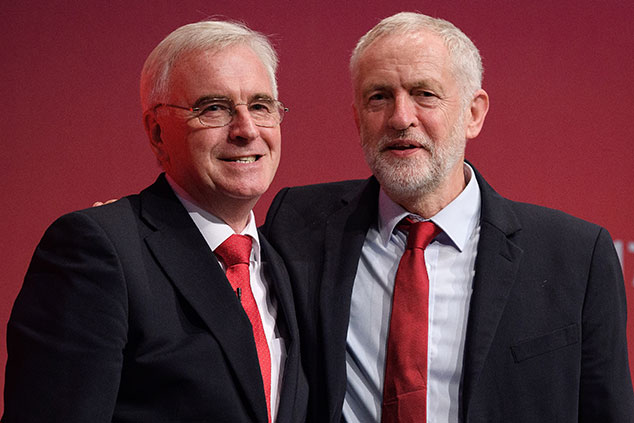
It is important, of course. If you are worried it might end in a Jeremy Corbyn-led government, you will want to buy some gold and hedge your sterling exposure for example. And if you think that a Corbyn government is very unlikely and that the hysteria over a possible no-deal Brexit is all a bit storm and teacup, you will want to be piling into the increasingly large pile of cheap UK assets on offer to the optimistic.
But the truth is that with the share of our exports going to the European Union falling fairly rapidly (from 56% in 2000 to 43% now), and EU growth looking stagnant in the long run, the main external influence on our own economy over the medium term (assuming we don’t end up with a socialist government actively working to slash our GDP) is not likely to be the trading relationship we set up with the EU.
Instead, it will be the health of the growing parts of the global economy – in particular of the US (which accounts for around 20% of global GDP) and China (18%).
With that in mind, you may want to turn your attention from meaningful votes and arguments about contempt of Parliament to the yield curve – which is behaving rather oddly. It usually costs more to borrow money for the long term than for the short term – so the interest rates (yields) available on government bonds should be higher, the longer the duration of the bond. Usually this is the case.
However, this week the yield on a two-year US government bond is higher than that on a five-year one. That matters for the simple reason that most of the time this “inversion” is followed by another – the yield on the two-year being higher than that on the ten-year. And when that happens, the US generally falls into recession within two years or so. This hasn’t happened yet, of course – and it isn’t a given that it will (the extreme monetary policy of the last decade has made many once-reliable indicators behave strangely).
But if it does, odds are it will affect our overall investment returns over the next five years rather more than Brexit bickering is ever likely to. So if you can drag your attention way from our domestic politics, keep an eye on the yield curve (we’ll be monitoring it in the Saturday edition of our Money Morning email – sign up here). It might look less exciting than the House of Commons at the moment, but it might also have more information about your future in it.